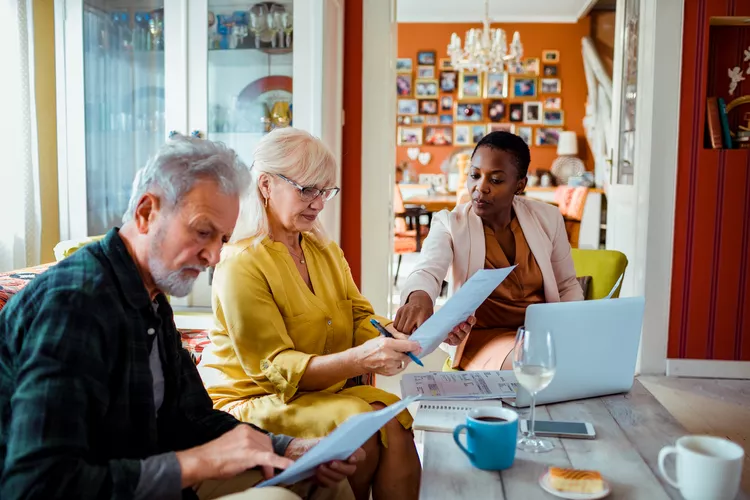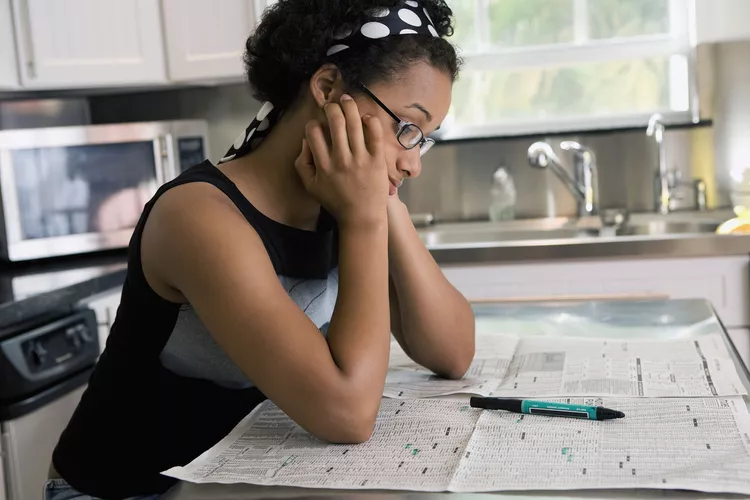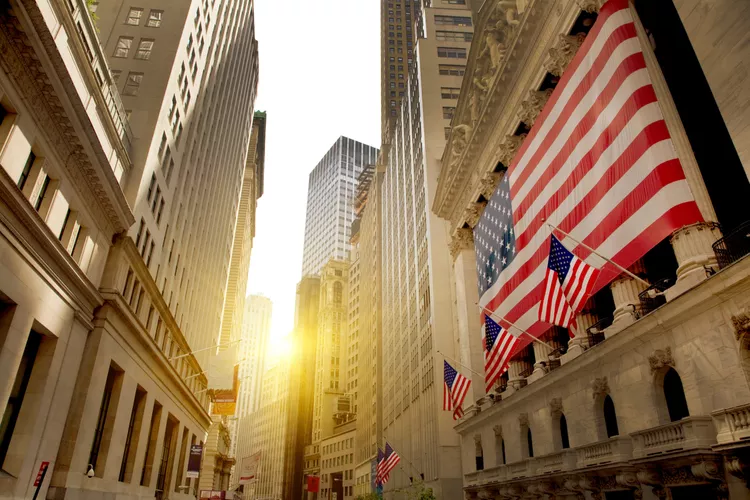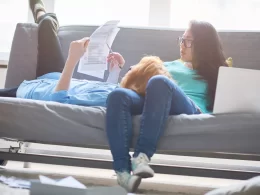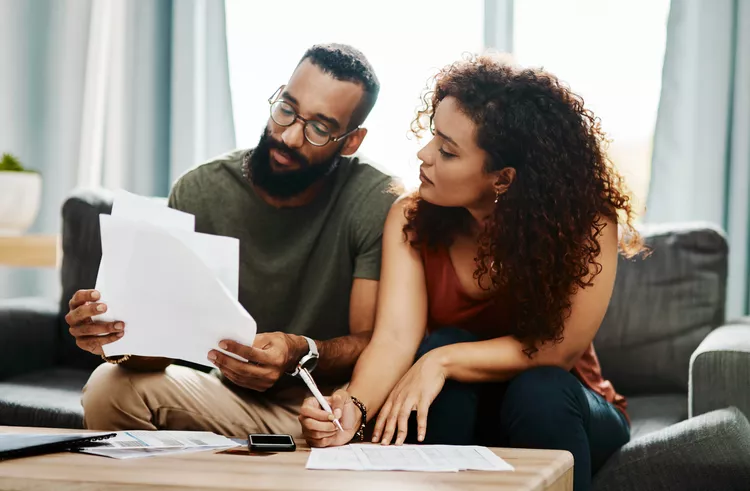
PayPal is one of the most popular tools for receiving and sending money online. Although it has been around since 2002, security is the main concern. PayPal: How safe is it?
It’s generally safe to link your PayPal accounts with the service. Risk levels vary depending on how you use the service.
- PayPal is a safe and easy way for buyers to purchase goods.
- Sellers also have the opportunity to benefit from PayPal. However, there are some risks that need to be considered. PayPal is not the only company that has risks, but many sellers don’t know about them.
PayPal is safe for buyers?
PayPal can be used to send money without much risk. In the age of the internet, no system is risk-free. Glitches and data breaches can happen to anyone. PayPal, a well-respected company, has the highest standards of consumer protection and safety in place. This helps to keep users safe online.
Data Security
PayPal’s site is encrypted and secure. 1 Any information that you share is protected from prying eyes as long as you are connected to a secure PayPal website. PayPal has industry-standard security measures that you would expect from a large financial institution. The company offers rewards for “white hats” who find vulnerabilities.
PayPal is a safer option than providing your credit card or bank account number directly to the site you are buying from. PayPal stores your information in a single place, so it’s not shared with other websites. You won’t have to cancel all your automated billers if something happens. PayPal can be secured by changing the password or card number.
Buy with confidence: Tips for a safe purchase
You can take steps to protect your financial and personal information.
- Update your software, especially security software on your mobile device or computer.
- Avoid using public Wi-Fi to conduct financial transactions. This includes managing your PayPal account or viewing it. If you are on the go, use mobile data.
- You can use a credit or debit card instead of a direct bank transfer , because unlike a debit card, the credit card has no available balance.
- If you want to stay safe, use a computer that is only used for financial transactions. Do not use the device to surf and access social media.
- Beware of links that appear in emails. Beware of links in emails.
Handling disputes and fraud
What happens if someone uses your PayPal account to make purchases without your consent, or if an item you ordered never arrives?
PayPal’s Purchase Protection Program may reimburse you. You must report the transaction as soon as possible, but Purchase Protection may or may not cover your transactions. Purchase Protection works similarly to a credit card. You can reverse charges if a seller does not deliver on what they promised.
You can also read about the importance of this in
Read PayPal’s policies before you use Purchase Protection to make sure that it is available for the payment you are concerned about. Some transactions may not be eligible.
To ensure that your PayPal purchase is protected, you should use a Credit Card. This means that you must use your credit card to fund the transaction, not your bank account or debit cards. You can dispute the transaction with your credit card company if PayPal does not refund your money. A credit card does not link directly to your account, unlike a debit card. This means that you will not have an empty bank account while you fix the problem.
PayPal is safe for sellers?
It’s crucial to be paid for your products and services if you own a small business. Can I rely on PayPal to process customer payments?
PayPal is a safe payment method for most businesses. Fraud is a rarity, but they get paid as much or less than expected. PayPal also offers a Seller Protection feature, but you have to meet certain eligibility requirements.
Facing Disputed Charges
Customers’ ability to dispute charges is the main concern for sellers. Customers may claim that the goods they ordered never arrived, or that you failed to deliver on your promises. They can then dispute the transaction or try to reverse it. PayPal will not accept your claim unless you have solid evidence.
Note:
PayPal is not the only company that can be liable for this risk. Credit card charges can be reversed by customers as well.
There are several reasons why customers may dispute payment:
- The payment is a genuine fraud (the account of the customer, for instance).
- The shipment was never delivered safely.
- A customer is unhappy with your product.
Safety Tips for Selling
You can protect yourself by being careful with who you sell to and how you sell. Expensive items are–unsurprisingly–the most appealing targets for thieves. Try these tips to reduce the chances of an issue:
- Only ship to verified addresses This will help you to reduce delivery scams.
- Avoid delivering items in person. If you want PayPal on your side, you should have a proof of delivery.
- For expensive items, you should require a signature.
- Explain what you are selling clearly, and include any confusing features or restrictions that may make your customers unhappy. Include pictures of any damage or defects to avoid a surprise for your buyer.
- Communication with unhappy clients should be done politely and promptly.
Document your communications with the client so you can prove it to PayPal in case of a dispute.
PayPal as a Bank Account Replacement
PayPal is not an alternative to a bank account. If you don’t qualify for bank accounts, some financial products — including some prepaid cards — may offer similar features and FDIC Insurance to protect your savings.
Note:
You are protected up to $250,000 from losses when your account is FDIC-insured.
PayPal is not FDIC insured, and this is one of its drawbacks. PayPal has looked into ways to provide protection for customers with certain accounts. However, this coverage is not available to all. 10
FAQs (Frequently Asked Questions)
How to add money to PayPal
PayPal does not require customers to pay for a purchase. They only need to link an account, such as their bank, credit card or debit card. When they buy something using PayPal, funds are automatically drawn from the linked source.
Who is the owner of PayPal?
PayPal used to be owned by eBay. However, eBay separated PayPal as a separate business. PayPal is publicly-owned and traded on the Nasdaq with the ticker PYPL.
How can I buy bitcoins with PayPal?
To purchase digital currencies like bitcoin and ethereum or litecoin, navigate to the “crypto section” of PayPal’s website or app. The funds for your purchases will be taken from the linked payment methods.
How much does PayPal charge?
You will not be charged any fees if you are a consumer buying from a company. PayPal charges fees to sellers, transfers between people using a credit or debit card, international transactions and transfers directly from a prepaid or debit card into a bank account.

